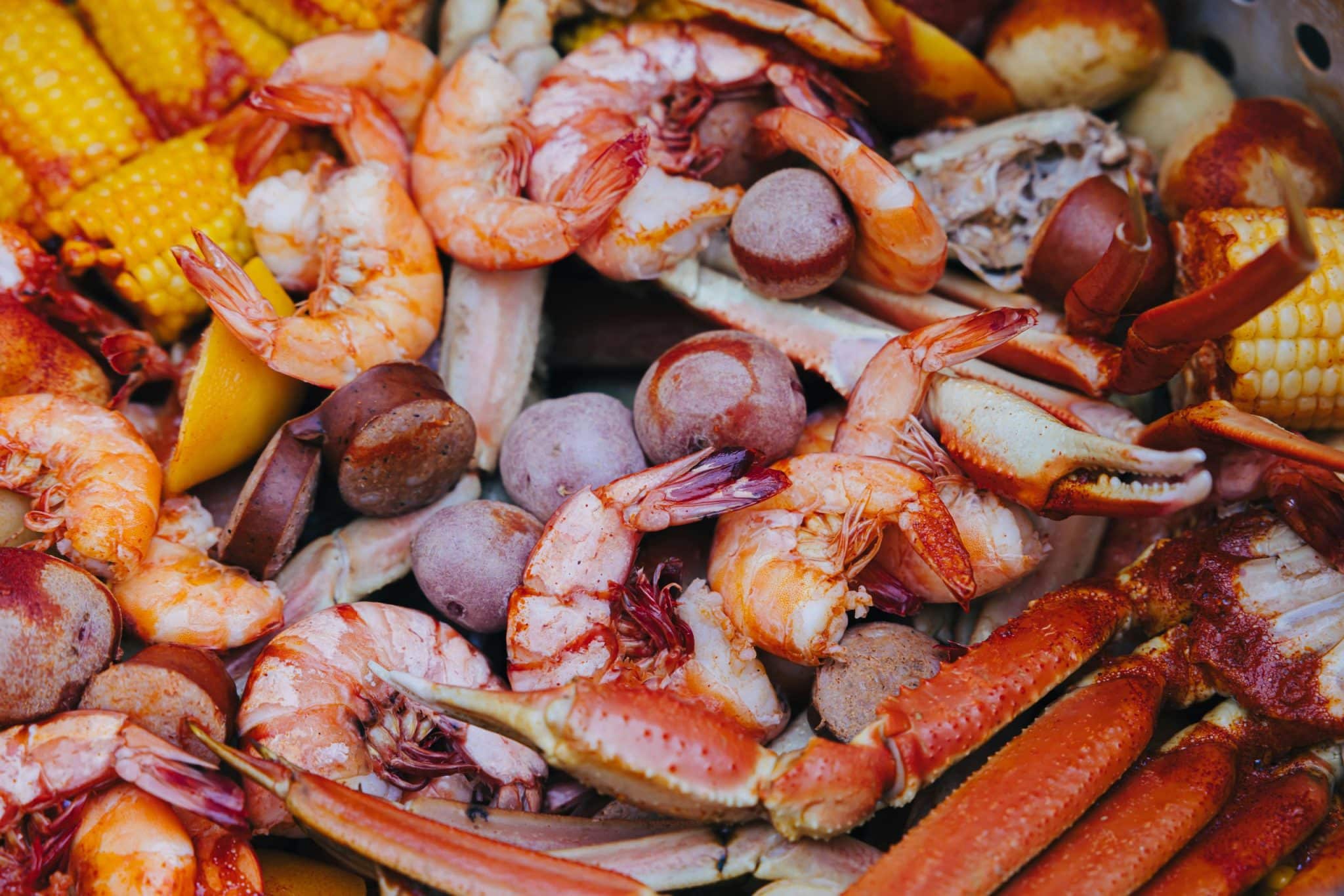Vegan Seafood Boom: Kelp Ceviche and Algae-Based Tuna
The demand for vegan seafood has been on the rise in recent years as more people become aware of the negative environmental impact of traditional fishing practices. In response to this growing trend, companies are now offering plant-based alternatives to seafood favorites like ceviche and tuna. Kelp ceviche and algae-based tuna are just two examples of the new and innovative vegan seafood options that are creating a buzz in the culinary world.
The Rise of Vegan Seafood
According to a report by the United Nations Food and Agriculture Organization, global fish consumption has reached an all-time high, with an average of 20 kilograms per person per year. This has put a strain on our oceans and fisheries, leading to overfishing and depletion of marine ecosystems. In addition, the fishing industry is known to contribute to high levels of bycatch and the destruction of ocean habitats.
In light of these issues, many individuals are turning to plant-based alternatives to seafood. The vegan seafood market is projected to surpass $1.3 billion by 2030, with a growth rate of 13.3% from 2020 to 2030. This growth can be attributed to the increasing popularity of a plant-based diet and the growing concern for environmental sustainability.
Kelp Ceviche: A Delicious and Sustainable Alternative
Ceviche is a popular seafood dish traditionally made with raw fish or shellfish cured in citrus juices. This dish has been a staple in coastal regions for centuries, but with the rise of veganism, chefs and food companies have found creative ways to make a plant-based version using kelp.
What is Kelp?
Kelp is a type of large, brown seaweed that grows in shallow, nutrient-rich waters. It is rich in vitamins, minerals, and antioxidants, making it a nutritious addition to any diet. Kelp is also sustainable to harvest, as it does not require any freshwater or land resources to grow and can be harvested without causing any damage to the ocean floor.
How is Kelp Ceviche Made?
Kelp ceviche is made by cutting kelp into thin strips and marinating it in a mixture of citrus juices, onions, and herbs. The acid in the citrus juice cures the kelp, giving it a texture and taste similar to traditional ceviche. Other ingredients like avocado, tomatoes, and cilantro can also be added to enhance the flavor and texture of the dish.
Not only is kelp ceviche a delicious and sustainable alternative to traditional ceviche, but it is also low in calories and high in fiber. This makes it a perfect option for those looking to maintain a healthy diet without sacrificing flavor.
Algae-Based Tuna: A Game-Changer in the Vegan Seafood Market
Tuna is a highly sought-after seafood, but the traditional fishing methods used to catch it have a significant impact on the ocean’s health. In response to this, many food companies are now offering plant-based alternatives to tuna, with one of the most innovative options being algae-based tuna.
What is Algae-Based Tuna?
Algae-based tuna is a plant-based alternative to traditional tuna made from a combination of algae and plant-based ingredients. The algae used in this product is a type of seaweed that has a similar texture and taste to tuna, making it a perfect substitute for those looking to reduce their seafood consumption. Algae-based tuna is also a good source of omega-3 fatty acids, making it a healthy addition to any diet.
How is Algae-Based Tuna Made?
Algae-based tuna is made by combining different types of seaweed with other ingredients like soy protein, natural flavors, and plant-based oils. The mixture is then shaped and cooked to replicate the texture and flavor of traditional tuna. Some companies also use 3D printing technology to give the algae-based tuna a more realistic appearance.
The Future of Vegan Seafood
The rise of vegan seafood, particularly kelp ceviche and algae-based tuna, is a step in the right direction towards a more sustainable future. These alternatives offer a guilt-free and environmentally-friendly way to enjoy seafood without contributing to the depletion of marine life. With the continuous growth of the vegan seafood market, it is clear that more innovative plant-based options will emerge, providing a delicious and sustainable alternative to traditional seafood dishes.
Final Thoughts
The vegan seafood boom is a testament to the growing awareness and concern for sustainability and animal welfare. Kelp ceviche and algae-based tuna are just two examples of the many delicious and sustainable plant-based alternatives to traditional seafood. As more people make the switch to a plant-based diet, the demand for innovative vegan seafood options will continue to grow, leading to a more sustainable and healthier food industry.











